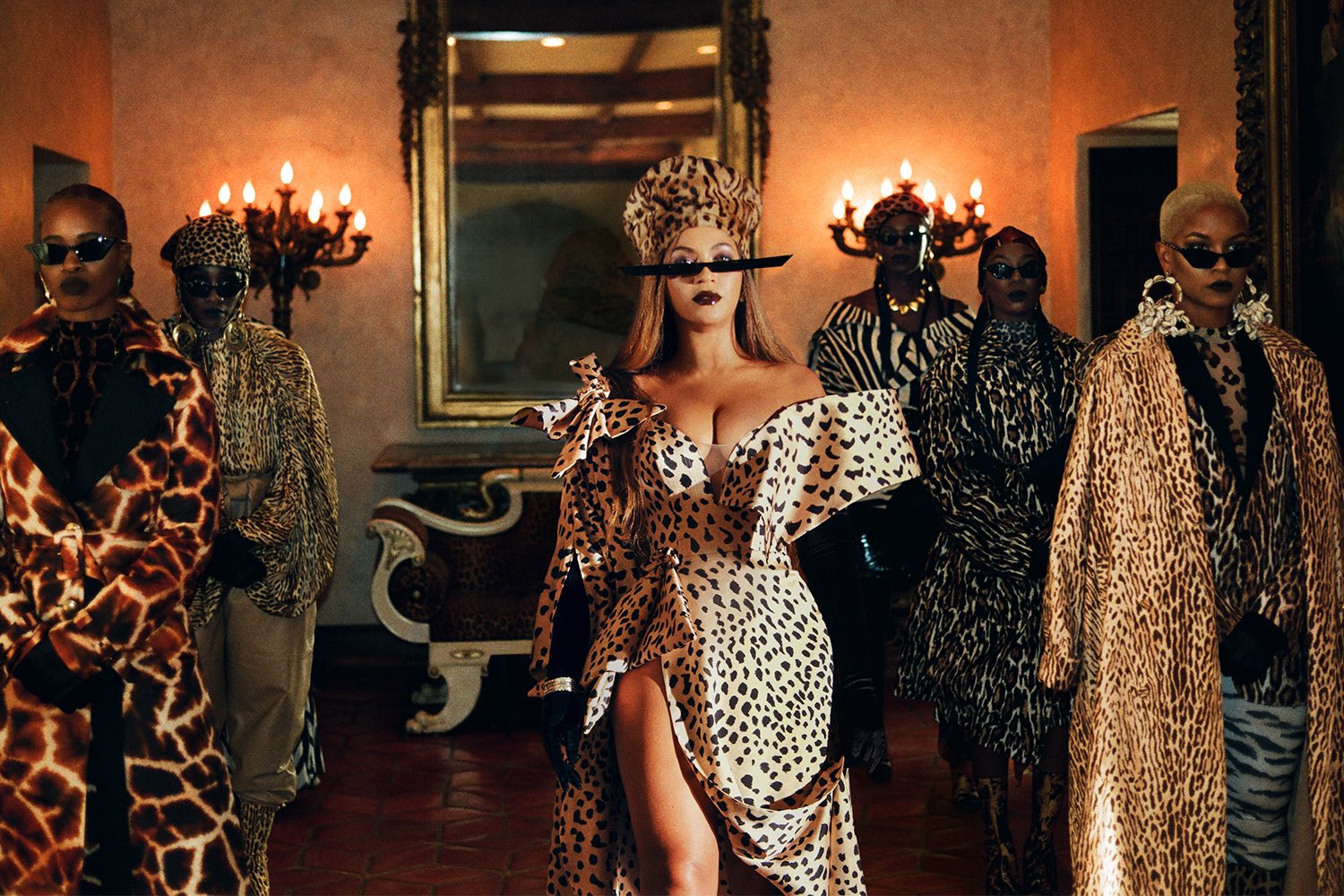Once underestimated, often overlooked, African fashion is now standing tall on the global stage. From the bright, bold patterns of Ankara to the minimalist elegance of South African streetwear, Africa is no longer just a source of raw materials—it’s a trendsetter, a tastemaker, and a cultural powerhouse in the fashion industry.
Fashion is more than clothing—it’s expression, identity, heritage, and revolution. And Africa’s fashion scene is booming with energy, creativity, and a sense of pride that’s impossible to ignore. Let’s take a walk through this exciting journey and explore how African fashion is reshaping global style.
A Deeply Rooted History
African fashion isn’t new—it’s just newly appreciated.
For centuries, African clothing has reflected status, community, celebration, and belief systems. Traditional garments like the boubou, dashiki, kente cloth, and shúkà were crafted with purpose, often dyed by hand, and passed through generations. Colors, patterns, and accessories weren’t just decorative—they told stories.
In many societies:
-
Red signified bravery or sacrifice.
-
Gold and yellow represented wealth or spiritual purity.
-
Geometric prints had symbolic meanings tied to tribes, proverbs, or social roles.
What’s changing now is how this deep-rooted tradition is meeting modern design—and taking over international catwalks.
African Designers Changing the Game
A wave of talented designers from across the continent are gaining international recognition and bringing African flair to global fashion capitals. And they’re not just making clothes—they’re challenging stereotypes and reimagining what African fashion can be.
Some game-changing names include:
-
Kenneth Ize (Nigeria) – Fusing traditional weaving techniques with contemporary silhouettes. He’s dressed Naomi Campbell and shown at Paris Fashion Week.
-
Thebe Magugu (South Africa) – Winner of the prestigious LVMH Prize, his work often explores South African culture, politics, and womanhood.
-
Maxhosa Africa (South Africa) – A modern knitwear brand inspired by Xhosa culture. The designs are colorful, structured, and proudly African.
-
Lisa Folawiyo (Nigeria) – Known for her use of Ankara in ultra-modern, tailored pieces that scream luxury and boldness.
These designers are proving that African fashion isn’t a trend—it’s a movement.
The Ankara Revolution
If there’s one fabric that has become synonymous with modern African fashion, it’s Ankara—also known as African wax print. Though the origins of the fabric are a blend of Dutch and Indonesian influences, it’s in Africa that Ankara found a voice.
Over the last decade, Ankara has been reborn—not just as traditional wear but in blazers, shoes, bags, swimwear, bridal gowns, and more. Young Africans are reimagining it in streetwear, athleisure, and high fashion.
The Ankara movement has even spilled into global pop culture. Celebrities like Beyoncé, Rihanna, and Lupita Nyong’o have all been spotted rocking Ankara-inspired outfits, contributing to its mainstream appeal.
Streetwear and Urban Influence
African youth are not just following global trends—they’re creating their own.
From the urban fashion scenes in Lagos and Accra to the underground vibes of Nairobi and Johannesburg, streetwear culture in Africa is exploding. These styles blend hip hop, Afrobeat, skate culture, and Pan-African pride.
Brands like:
-
WAFFLESNCREAM (Nigeria) – A skateboarding and streetwear collective with a strong cultural narrative.
-
Viviers Studio (South Africa) – High-fashion streetwear using sustainable practices.
-
Daily Paper (by African diaspora in Amsterdam) – One of the most successful Afro-inspired brands, worn globally by stars.
This urban aesthetic has become a powerful tool for African youth to express themselves, reclaim their narratives, and break boundaries.
Fashion Weeks and Events Across Africa
Africa now has a growing number of fashion weeks and expos that rival those in Milan, Paris, or New York. These platforms are helping designers gain exposure, collaborate with international brands, and attract global buyers.
Some key events include:
-
Lagos Fashion Week (Nigeria) – One of the biggest fashion showcases on the continent.
-
South African Fashion Week – A platform for both emerging and established designers.
-
Accra Fashion Week (Ghana) – Celebrates both traditional and modern African fashion.
-
Swahili Fashion Week (Tanzania) – Highlights East Africa’s designers and textile heritage.
These events show that Africa isn’t just participating in global fashion—it’s helping lead it.
Social Media and Digital Influence
The rise of African fashion wouldn’t be possible without social media. Instagram, TikTok, and YouTube have become virtual runways where stylists, influencers, and designers reach global audiences without needing permission from traditional gatekeepers.
Young Africans are telling their own fashion stories:
-
#AfricanFashion and #MadeInAfrica hashtags have millions of views.
-
Influencers like Kiitana, Denola Grey, and Sarah Langa have become style icons.
-
DIY fashion, thrift culture, and body positivity are growing through YouTube fashion channels in Nigeria, Kenya, and beyond.
Digital platforms have democratized fashion—and Africa is taking full advantage.
Sustainability and Afrocentric Values
Many African designers are naturally incorporating sustainability into their brands. Why? Because reusing, recycling, and respecting nature have always been part of African culture.
Some sustainable practices include:
-
Upcycling vintage fabrics and used clothing.
-
Collaborating with local artisans using ethical labor.
-
Using organic or plant-based dyes and materials.
African fashion is proving that you can be stylish and sustainable, all while empowering communities and protecting the environment.
Challenges and the Way Forward
Despite the progress, African fashion still faces challenges:
-
Lack of access to funding and manufacturing infrastructure.
-
High import taxes on raw materials.
-
Global underrepresentation in fashion media and education.
But the tide is turning. More collaborations, investment, and pan-African solidarity are helping bridge gaps. There’s also growing interest from the African diaspora, eager to reconnect with their roots through fashion.
African fashion is bold, brilliant, and unapologetically itself. It’s not trying to fit into Western molds—it’s reshaping them. It’s mixing heritage with innovation, tradition with tech, and creativity with commerce.
From rural workshops to international runways, from Instagram feeds to luxury stores, African fashion is walking tall—and the world is watching.
At Afriker.com, we celebrate the designers, dreamers, and disruptors who are weaving Africa’s story into every thread. Because African fashion isn’t just what you wear—it’s who we are.

